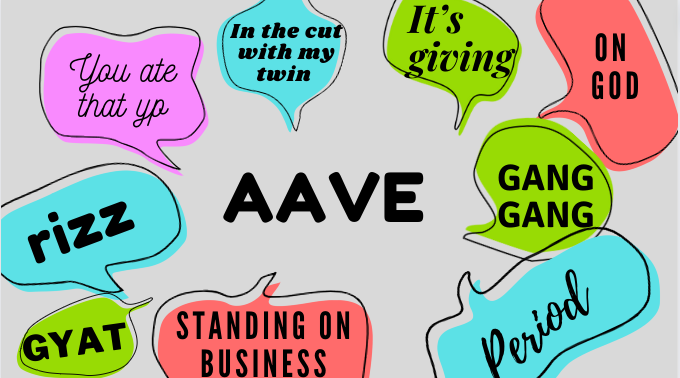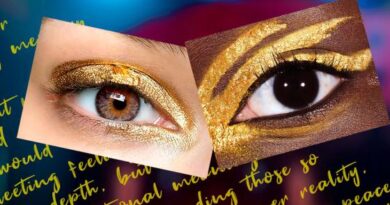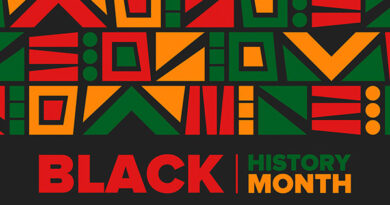Arguments of AAVE
Have you ever heard of words like “Finna” or “Period?” These words are used by African Americans all over the country, but not a lot of our generation has actually taken the time to really research about the dialect. It should be simple, know how to use the words in the right context or don’t use it at all. A lot of people involved in social media culture use these words because they sound trendy or cool, not knowing there’s a deep-rooted history in it.
AAVE, or African American Vernacular English has evolved from it’s roots of taking the english language and shortening it. Nowadays, people would automatically think of AAVE as slang used by Gen-Z, specifically white Gen-Z people. It has elements of grammar, vocabulary, and pronunciation but people don’t use it in the proper ways. Scholars say that AAVE was adapted from the West African languages, and English combined. Words that were spoken on the coastal plantations would be learned, and used hints of creolization.
The main issue about other races using AAVE as slang instead of dialect is that it becomes common to misuse it and often the true meaning gets changed. “Slay,” a word used in ballroom culture by African Americans has been overused and misused to a point where it’s prone to use it incorrectly. It almost feels like mocking in a way, other words now used as slang and not considered a part of a language.
There’s an ongoing debate on whether this dialect is unprofessional and if it should be used in work environments. People won’t deny that the language is misunderstood especially when it comes to social media and work interests clashing. Of course it’s going to sound unprofessional when you don’t speak it, or it affects the corporation you work for. It’s dismissing the identity of a group of people when not understood or taking the time to understand the background of it.
A post from Parlia had said that “AAVE should be seen as unprofessional due to miscommunication issues that could happen” and I do agree that miscommunication can lead to bigger issues. However, dialect and how you speak should not determine someone’s work ethic and willingness to do their job. Code switching is one of the many things African Americans do in White dominated spaces to not be seen as “unprofessional” or a “threat.”
The conversation can go much farther than using AAVE in your dialouge. If we really wanted to bring it up, “blaccents,” and wearing culturally significant hairstyles created by African Americans is tone deaf. A blaccent is when a person of non African American descent speaks in a way that mocks or mimics AAVE. It shows there’s no actual interest or respect for the community, especially when we get demonized for it while the people who steal it get praised. Maisha Z. Johnson from Everyday Feminism writes that, “the power dynamic in which members of a dominant culture take elements from a culture of people who have been systematically oppressed by that dominant group.”
The dialect is in all of the songs you listen to by black artists, it’s in your favorite tv shows and movies, it’s in rather “free written” books as well. So the question I have is, Why is AAVE seen in such a negative light if you consume and use the dialect almost if not everyday?




